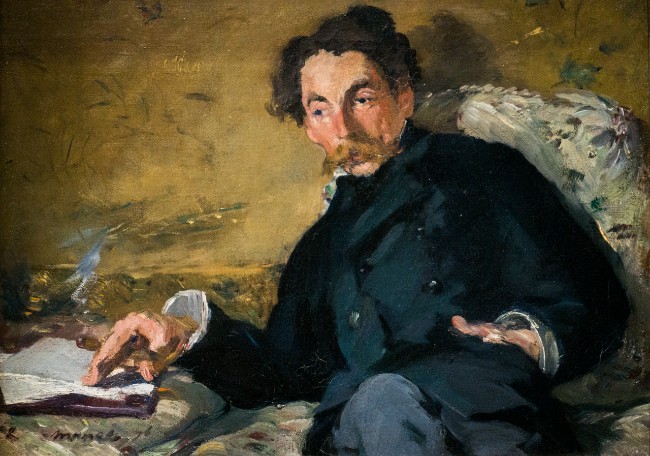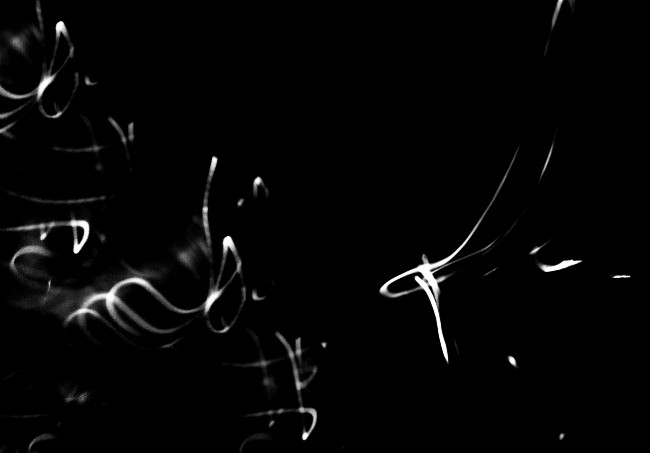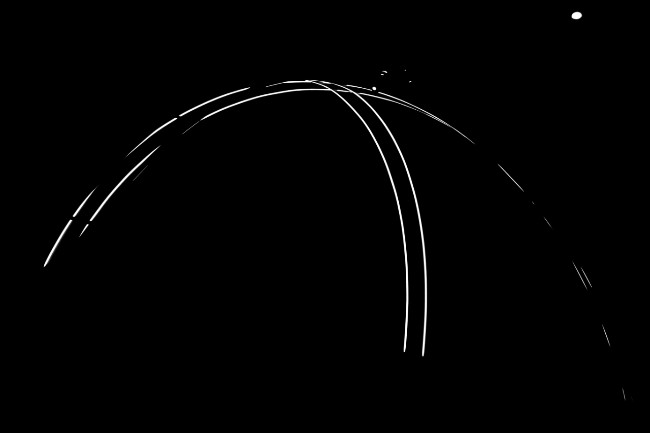Stéphane Mallarmé: Poetry in a Time of Dislocation


Editor’s note: This is the latest installment in the series “Poetry in a Time of Dislocation.” Fine art photographer Fern Nesson asserts that the place for art is critical during this time of pandemic, and she has immersed herself in the French poets, translating important works and sharing them as photo essays. This week, Fern focuses on the symbolist poet Stéphane Mallarmé.
(Check out previous installments here:
Charles Baudelaire,
Guillaume Apollinaire,
Paul Valéry,
Christine de Pizan,
Paul Verlaine,
Alphonse de Lamartine,
Anna de Noailles
Paul Éluard
Marceline Desbordes-Valmore)
Stéphane Mallarmé was a talented Symbolist poet in late 19th century France. His influence extended not only to other writers but to musicians, painters, filmmakers, and photographers as well.
In addition to his lovely imagery, Mallarmé chose his words for their sound, adding an additional layer of meaning to his poems. That makes Mallarmé’s poems quite difficult to translate. But, it can’t hurt to try!

Photo credit: Fern Nesson
The pure sound aspect of Mallarme’s poetry inspired composer Claude Debussy to set “L’Apparition” (and “Afternoon of a Faun”) to music.
Mallarmé wrote “L’Apparition” in 1862, upon meeting his future wife, Maria Gerhard. His mother, also named Maria, died when Mallarmé was seven. Some commentators believe the fairy in the last stanza refers to his memory of her.

Photo credit: Fern Nesson
“L’Apparition”
La lune s’attristait.
Des séraphins en pleurs
Rêvant, l’archet aux doigts,
Dans le calme des fleurs
Vaporeuses, tiraient de mourantes violes
De blancs sanglots glissant sur l’azur des corolles.
C’était le jour béni de ton premier baiser.
Ma songerie aimant à me martyriser
S’enivrait savamment du parfum de tristesse
Que même sans regret et sans déboire laisse
La cueillaison d’un Rêve au coeur qui l’a cueilli.
J’errais donc, l’oeil rivé sur le pavé vieilli
Quand avec du soleil aux cheveux, dans la rue
Et dans le soir, tu m’es en riant apparue
Et j’ai cru voir la fée au chapeau de clarté
Qui jadis sur mes beaux sommeils d’enfant gâté
Passait, laissant toujours de ses mains mal fermées
Neiger de blancs bouquets d’étoiles parfumées.

Photo credit: Fern Nesson
The Vision (My Translation)
The moon was sad. Seraphim, crying,
dreaming, bows in hand, encircled in scented flowers, drew from their fading violins
pale laments gliding down azure petals.
— It was the day you first kissed me.
Delighting in tormenting me,
this vision was imbued with the hint of sadness
that, even absent betrayal or regret,
invades the heart that dreams of love.
Then I was wandering,
eyes riveted on the weathered cobblestones,
when you appeared to me in the street,
sun streaks in your hair, laughing in the evening light.
And it seemed I’d glimpsed the fairy with her radiant corona
who long ago blessed my childhood slumbers
sprinkling from her slightly open hands,
snow-white clusters of scented stars.
Lead photo credit : Portrait of Stéphane Mallarmé by Edouard Manet, 1876. Photo by Fern Nesson at Musée d'Orsay
More in French poetry, Stéphane Mallarmé



REPLY